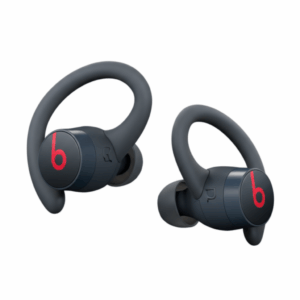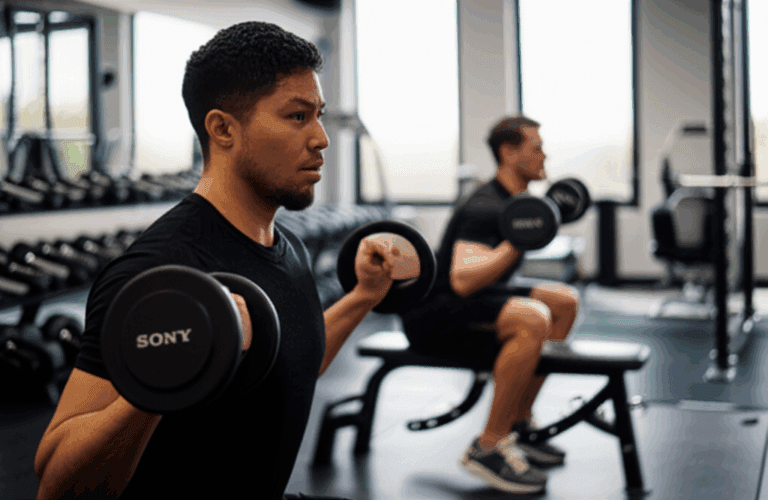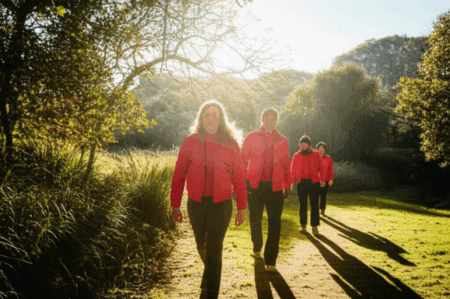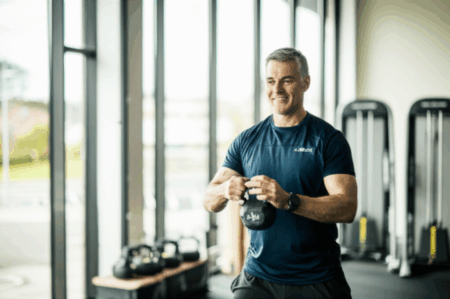The fitness world is constantly buzzing with new studies, trends, and purported secrets to maximizing your workout efforts. What if the key to effective exercise wasn’t about grueling hours in the gym, but rather smart, efficient training? One intriguing experiment involving identical twins sought to explore this very question, with results that challenge conventional wisdom and might just change your gym routine.
The Twin Experiment: A Unique Approach
Identical twin studies offer a powerful way to investigate the impact of different lifestyle choices, as they share nearly identical genetic makeups. This minimizes the influence of genetics, allowing researchers to isolate the effects of specific variables, such as exercise duration.
British adventurers and fitness enthusiasts Hugo and Ross Turner decided to leverage their identical genes to explore the impact of different workout durations. They embarked on a 12-week experiment where they followed the same workout routine, but with a significant difference: Hugo worked out for only 20 minutes, while Ross dedicated 40 minutes to each session.
The Setup
For three months, the Turner twins adhered to a consistent workout plan. While the exact exercises haven’t been published, the exercises were relatively simple and focused on compound movements to maximize muscle mass and cardiovascular fitness. They also maintained a similar diet, consuming around 2,000 to 2,500 calories daily. Neither twin tracked their diet meticulously, but they generally ate the same foods.
To monitor their progress, the twins underwent regular body scans to measure their weight and body composition. They also tracked their cardiovascular fitness. This data provided a comprehensive picture of the effects of the different workout durations.
What Was Being Measured?
The twins tracked several key metrics throughout the experiment:
- Muscle Mass: Changes in muscle mass were assessed to determine if the longer workout duration led to greater muscle growth.
- Body Fat Percentage: Body fat measurements revealed whether one workout duration was more effective for fat loss.
- Cardiovascular Fitness: Cardiovascular fitness was evaluated to see if the longer workouts provided a greater boost to heart health.
- Strength: The twins tracked their strength improvements in exercises such as push-ups, pull-ups, and deadlifts.
- Subjective Experience: They also noted their motivation levels, perceived exertion, and overall feelings about their workouts.
The “Epically Curious” Results
After 12 weeks of consistent training, the results were, in their own words, “epically curious”. Despite Ross putting in twice the amount of time, the differences in their results were surprisingly small.
- Similar Overall Gains: Both twins experienced improvements in physical fitness and strength. However, the extent of their development was very similar.
- Push-Up Performance: Hugo, who worked out for only 20 minutes, saw a significantly better percentage increase in the maximum number of push-ups he could perform.
- Matching Performance: The twins achieved similar results in pull-ups and maximum deadlift weight.
- Cardiovascular Edge: Ross, the 40-minute workout twin, had a lower heart rate after cycling, indicating slightly better cardiovascular health. However, the difference was not substantial.
Ross summarized their findings by stating: “I







